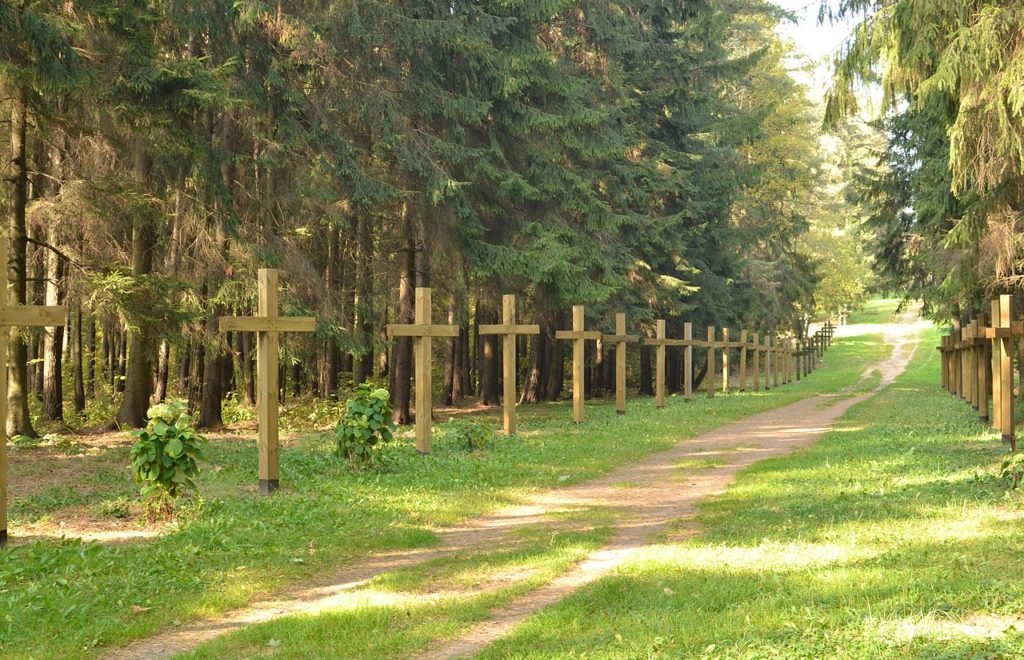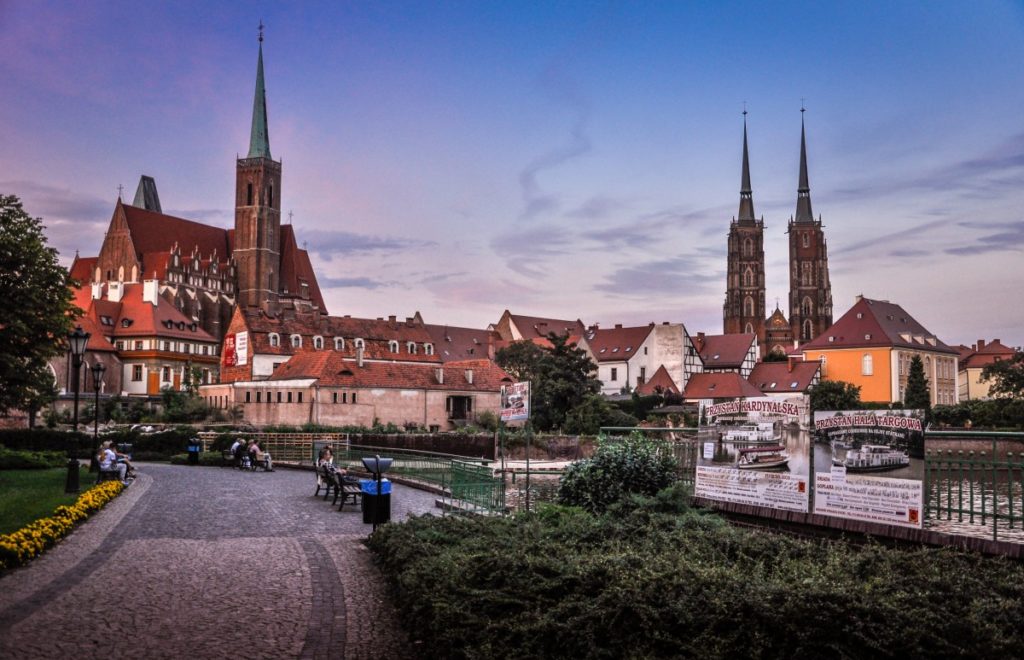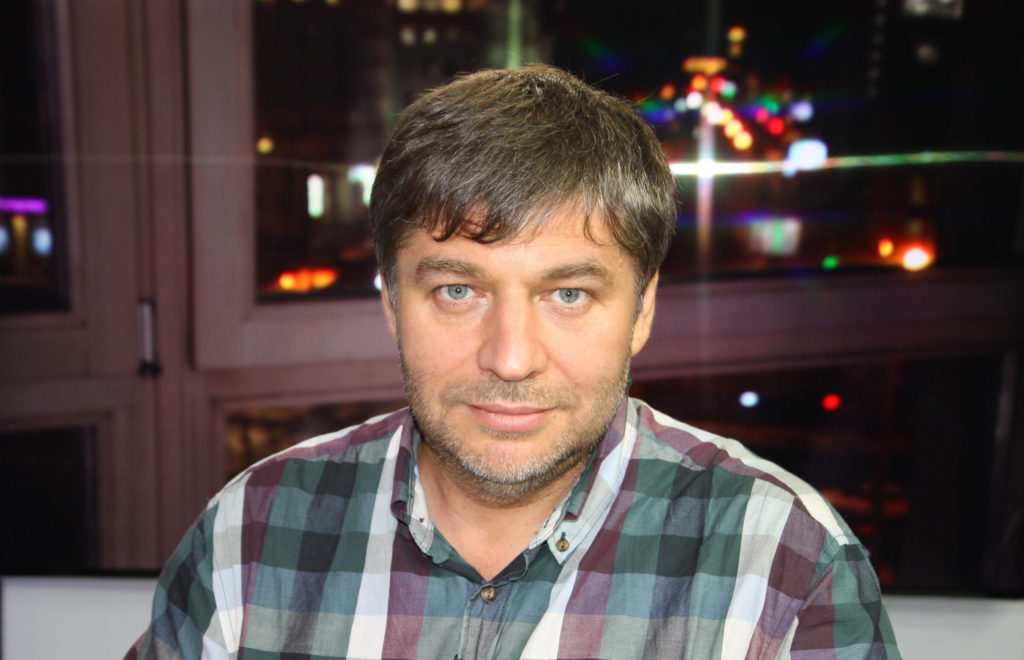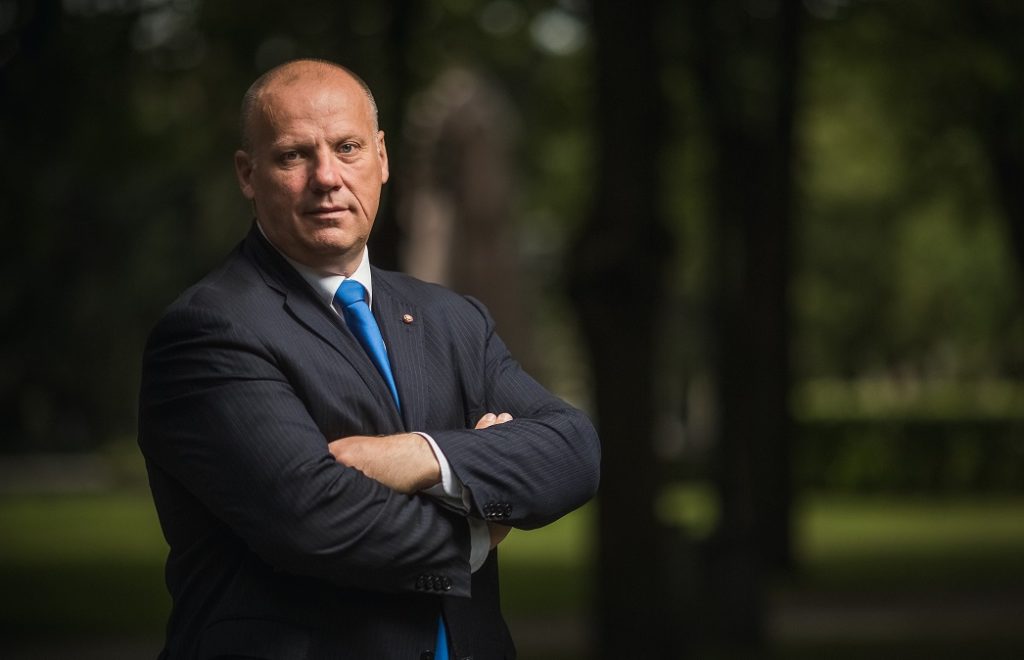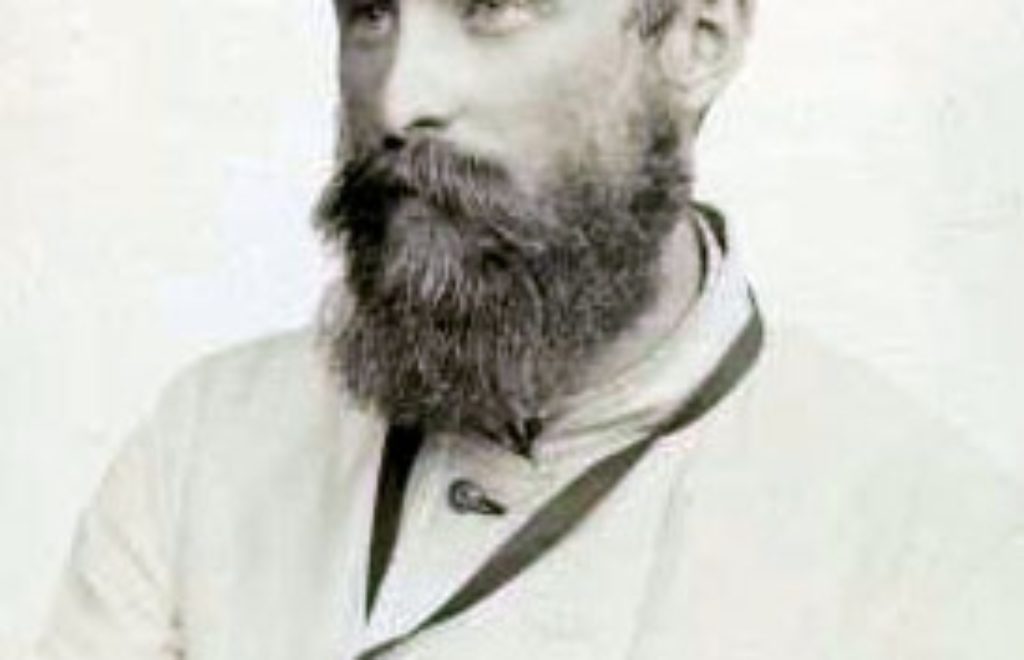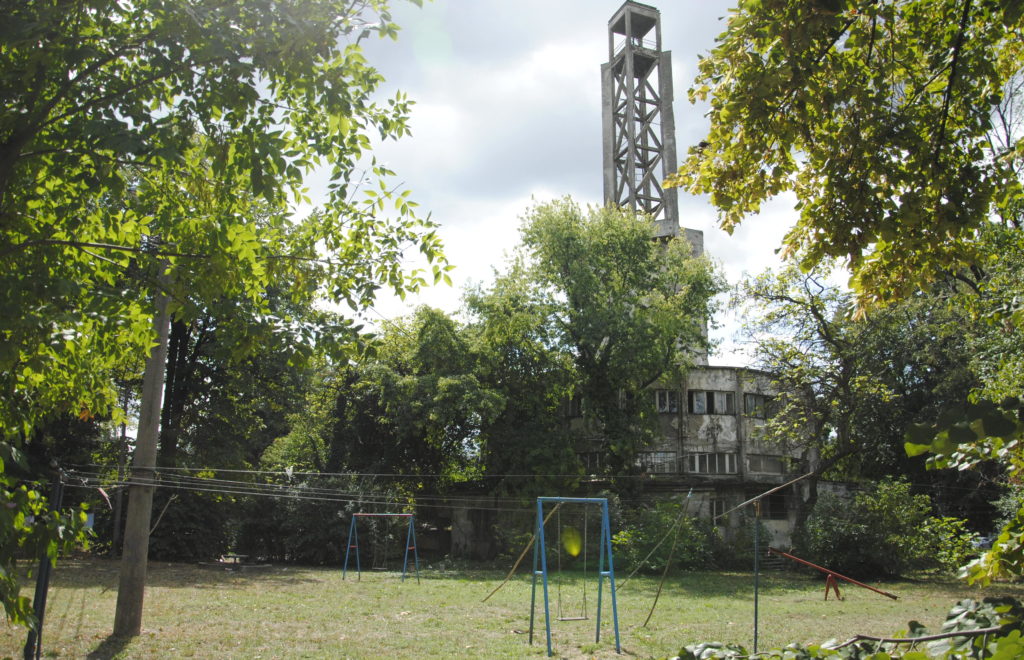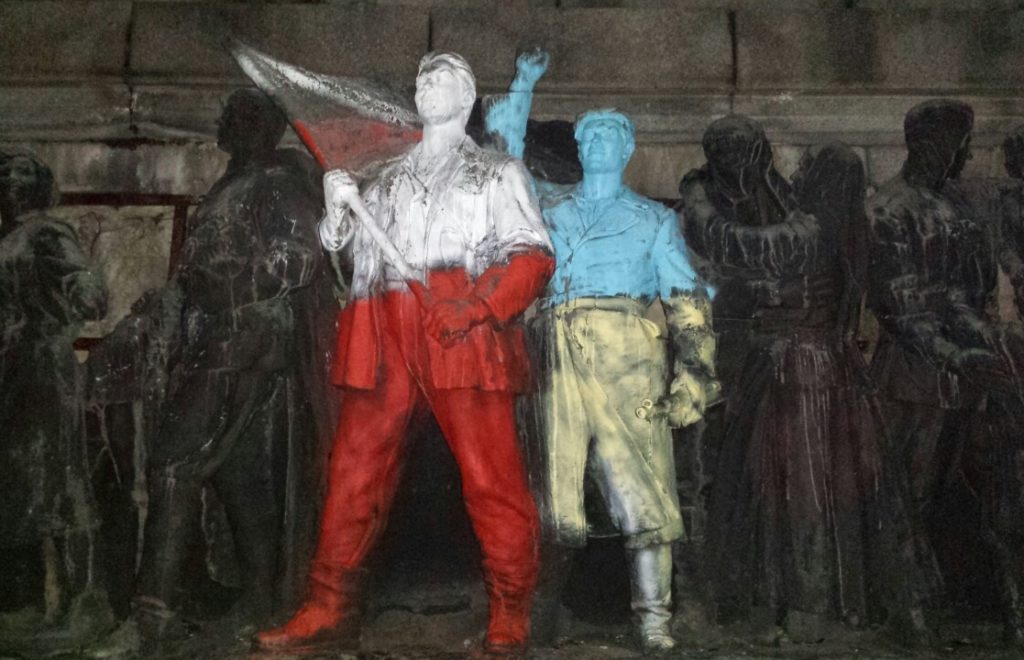Belarus’s complicated memory
A characteristic feature for many post-Soviet states is a need to develop their own national historical policy, or politics of memory. This is a way to present societies with an adequate image of the past and confirm a collective identity. Belarus is no different in this regard. Unlike its neighbouring states, however, it has one more goal to achieve: it needs to create a shared national identity in a newly independent state.
It is quite noticeable that even though a quarter century has passed since regaining independence, Belarus has still not created its own, common historical policy, nor has it built a widely accepted national identity. That is why the fragmentation of historical memory, as well as the ideological and political disputes that accompany it, are present in today’s Belarus.
January 2, 2018 - Maxim Rust


